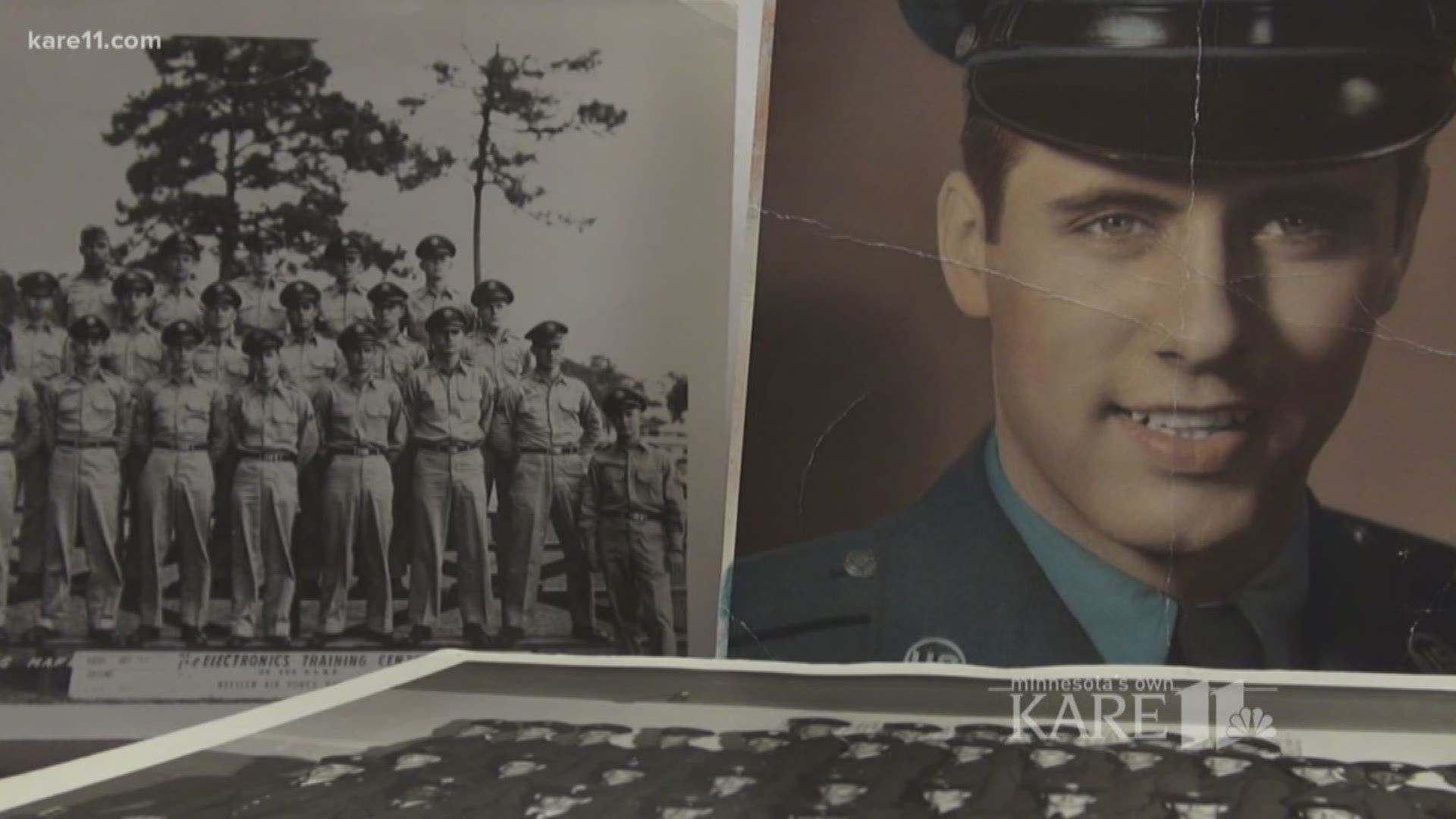MN veteran's legal battle wins billions for other vets
It was a huge victory – not just for Staab, but for veterans nationwide. And it has massive financial ramifications.
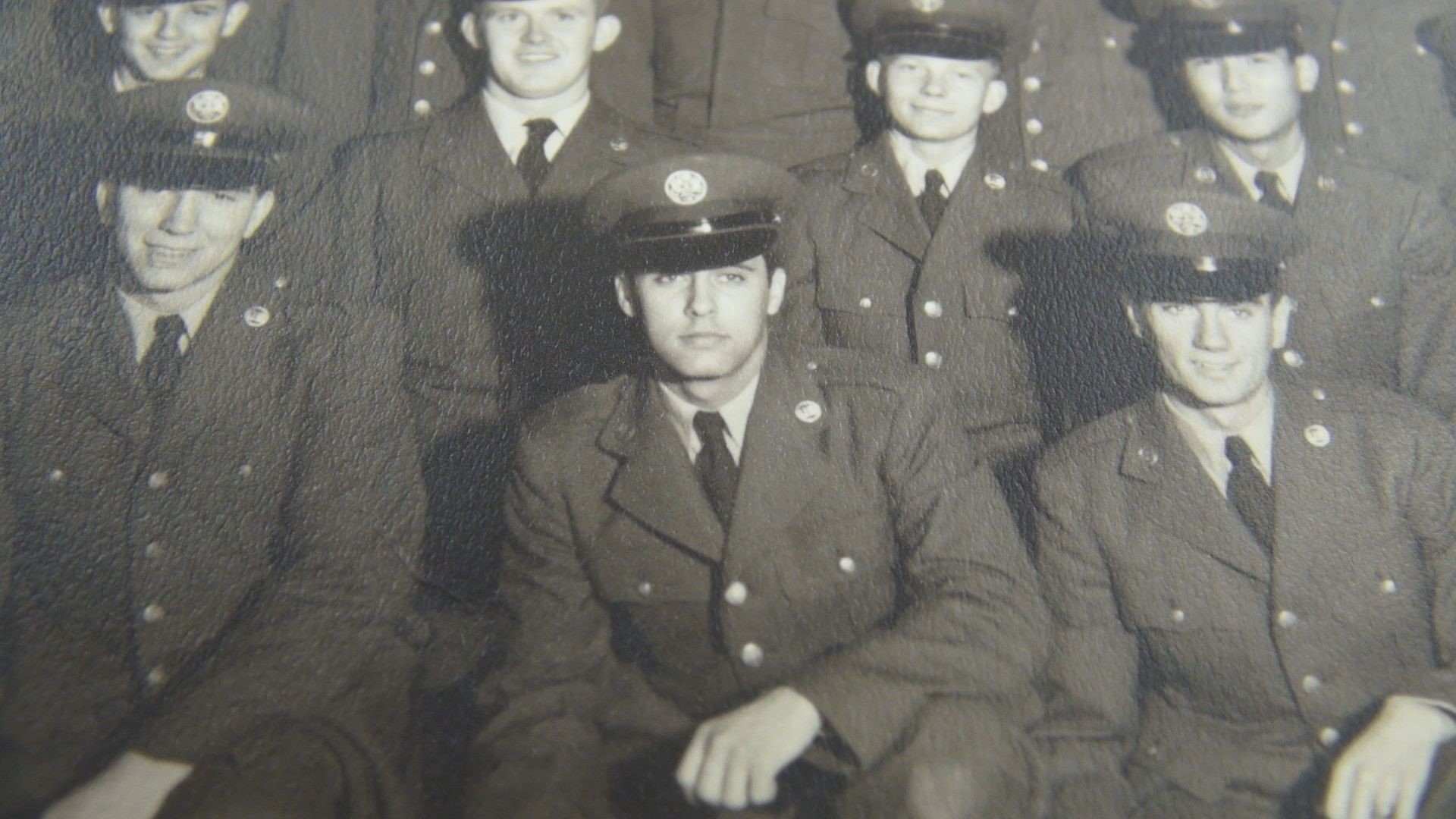
ST. CLOUD, Minn. – A Minnesota veteran’s precedent-setting legal case is forcing the Department of Veterans Affairs to change course after years of denying payment of veterans' emergency medical bills.
A court ruled a VA policy violated federal law. As a result, the VA estimates it may be on the hook for billions of dollars in previously denied claims.
For several months, KARE 11’s continuing investigation – A Pattern of Denial – has exposed how veterans are being saddled with medical debt they should not owe, some of it even turned over to collection agencies after trips to the emergency room.

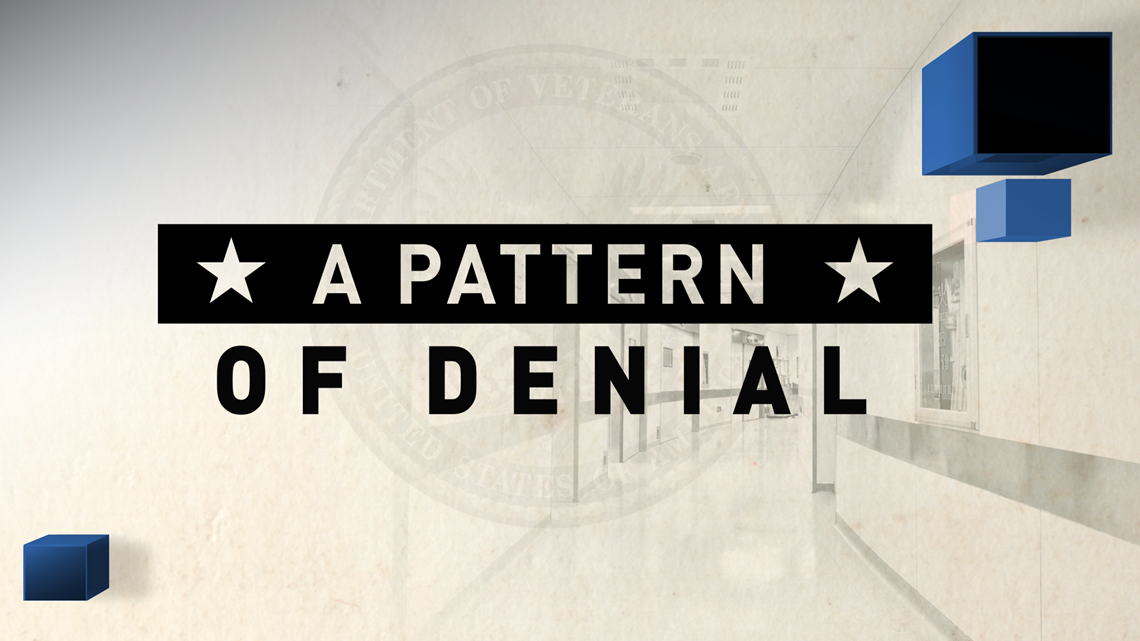
For St. Cloud attorney Jacqueline Schuh, KARE 11’s reporting hits close to home.
“I followed your story on the news, and I just sat there and thought, hello, this is the same thing that we’ve been tangling with.” She added, “Same identical situation, maybe slightly different facts, same set of denials.”
A David & Goliath story
The story begins in 2010, when 77-year-old Richard Staab suffered a heart attack and stroke.
He was rushed to a nearby private hospital and had open-heart surgery.
Medicare covered a portion of his treatment, but Staab was ultimately left with about $48,000 in out-of-pocket expenses.

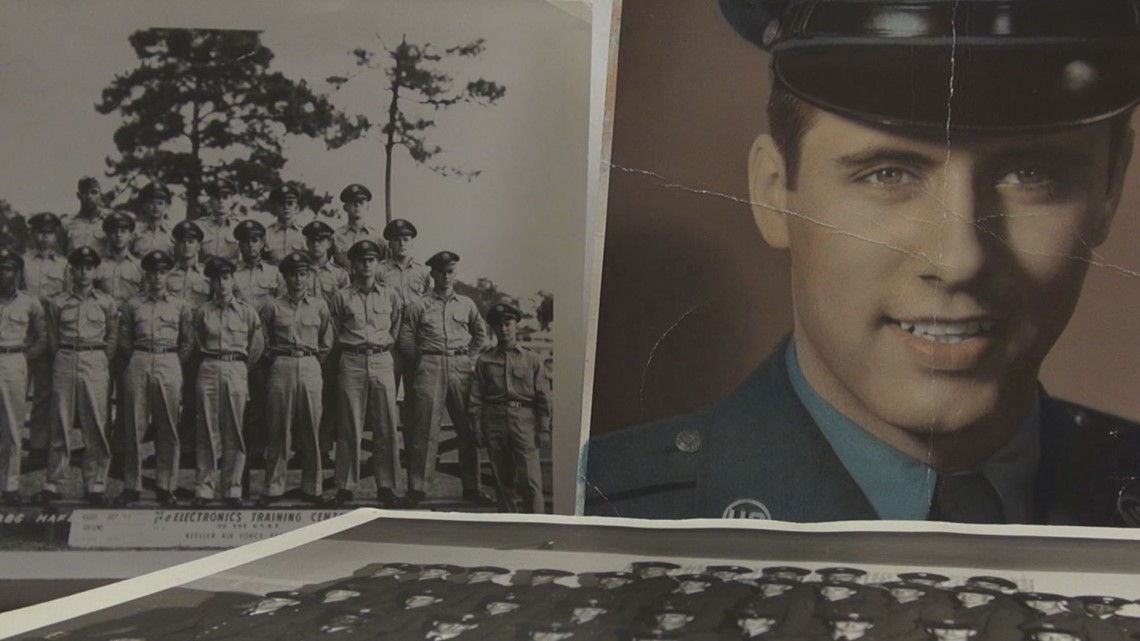
A U.S. Air Force veteran who served in Korea, Staab typically relied on the VA for care. He submitted a claim for the outstanding balance to the St. Cloud VA, expecting to be reimbursed.
But his claim was denied.
As a result, Staab said he had to clean out his life savings to cover the unpaid bills.
The VA had an internal regulation saying it would only reimburse a veteran if the “veteran has no coverage under a health-plan contract for payment or reimbursement, in whole or in part, for the emergency treatment.”
Because Staab’s expenses were partially covered by Medicare, the VA denied his claim for reimbursement of the remaining amount.
Enter Jacqueline Schuh, a retired JAG attorney now in private practice, who agreed to help Mr. Staab with his appeal.

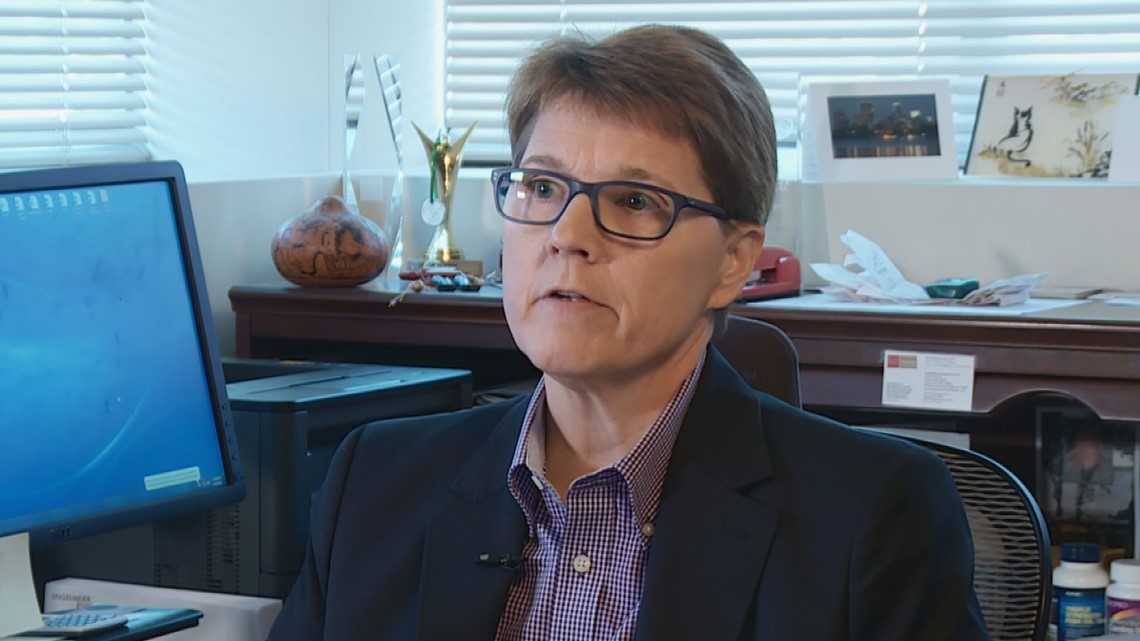
“It kind of appealed to the military aspect of me,” Schuh said of her decision to take on Staab’s case pro-bono.
Little did she know, she and her client were about to enter into a war with billions of dollars at stake if the VA lost.
“It truly, really is, a David and Goliath story,” Schuh now says.
Staab, who is now 84 and in failing health, was unable to be interviewed for this report.

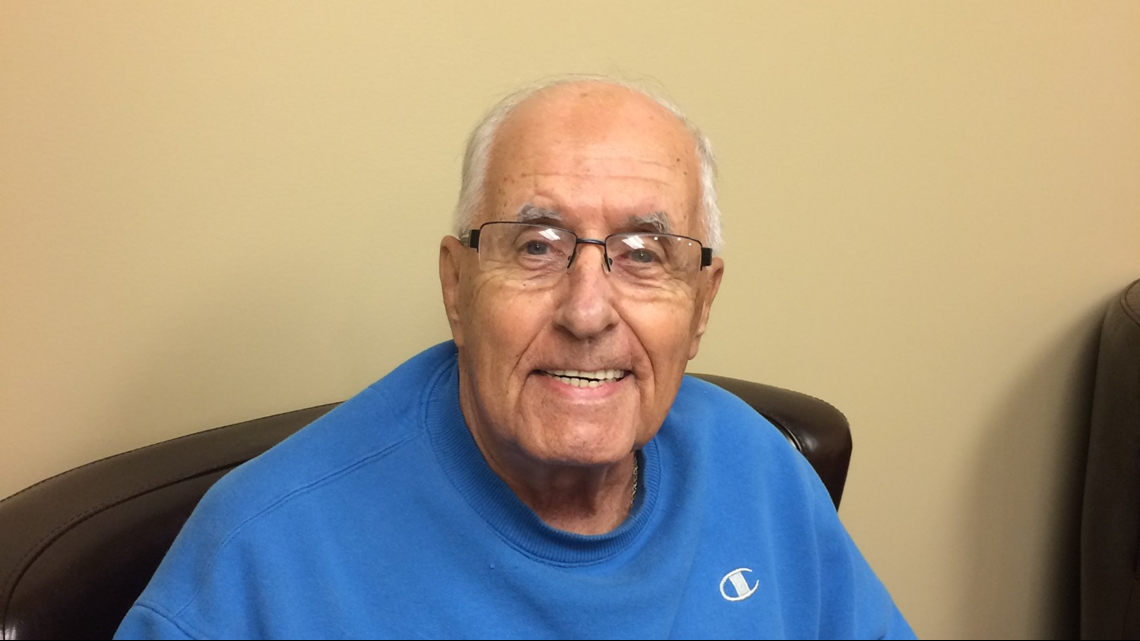
A seven-year fight
“This is one of many boxes that we have for Mr. Staab’s case,” attorney Jacqueline Schuh said as she began pulling out voluminous stacks of records that detail a legal battle with the Department of Veterans Affairs.

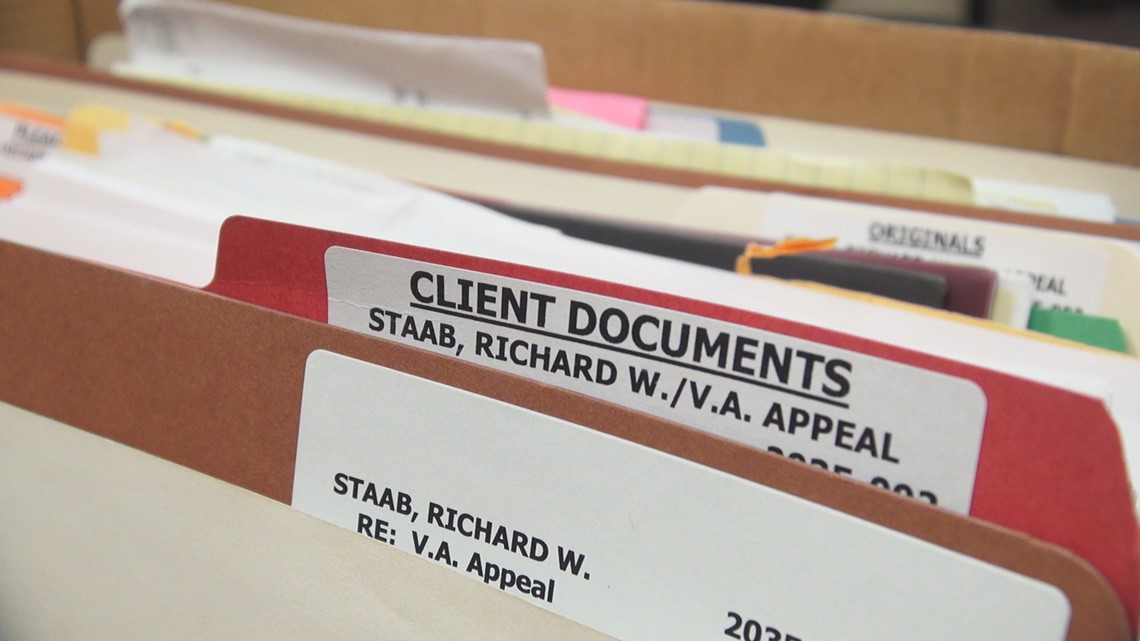
The boxes of paperwork easily fill the conference room of Schuh’s small St Cloud, Minnesota law office.
“Seven years,” she said as she described her long fight to show the VA had wrongly denied Staab’s claims for emergency care.

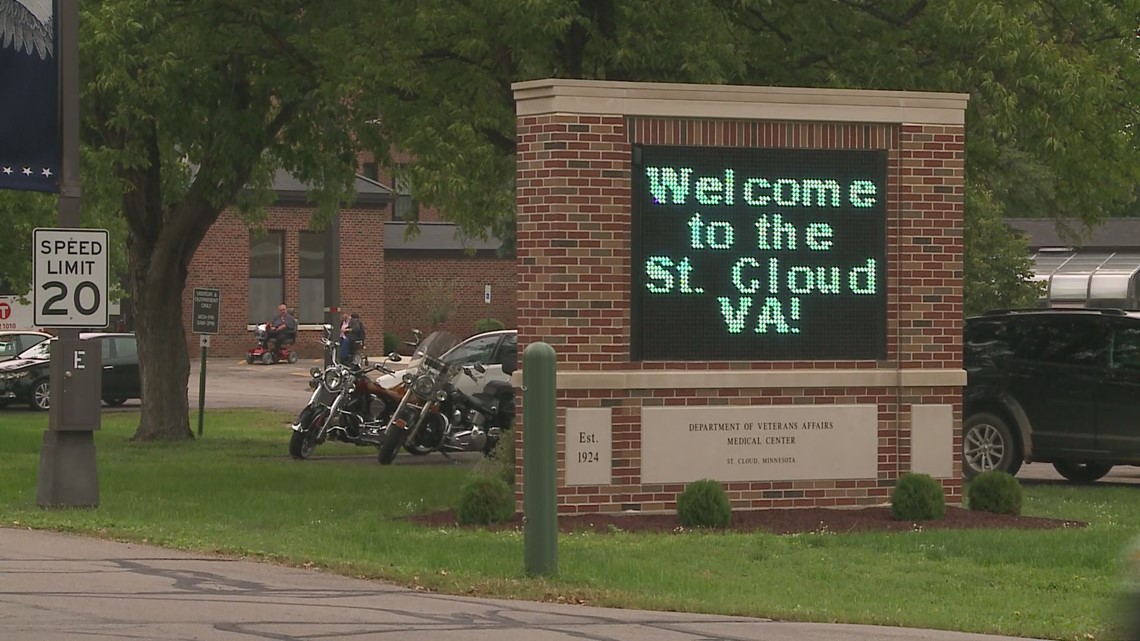
Staab and Schuh appealed to the St Cloud VA twice and were denied both times.
They appealed again, this time to the Board of Veterans Appeals. They lost again as the Board ruled their claim was without legal merit.
“We didn’t give up,” said Schuh, who appealed again with the help of the National Veterans Legal Services Program (NVLSP).
They took the case to the U.S. Court of Appeals for Veterans Claims, arguing that the VA regulation used to deny Staab’s claim violated the Emergency Care Fairness Act of 2009.

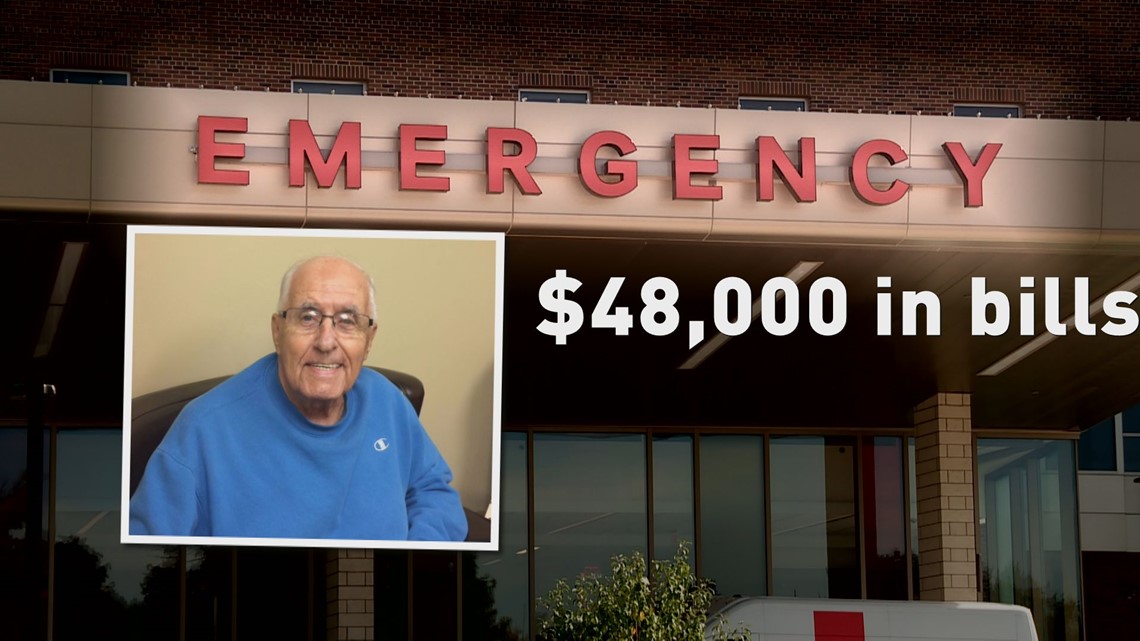
“The denial was based upon the internal rule that the VA had been enforcing since 2010,” Schuh said. “But the internal rule was inconsistent with the law.”
When Congress passed the Emergency Care Fairness Act, it required the VA Secretary to cover qualified veteran’s emergency medical bills for which the veterans were “personally liable.”
Schuh and the NVLSP attorneys argued the law required VA to step in as a “secondary payer” when other health care insurers, such as Medicare, cover only a portion of the cost of a veteran’s emergency treatment leaving the veteran “personally liable” for the rest.
“It is pretty cut and dry,” Schuh said.

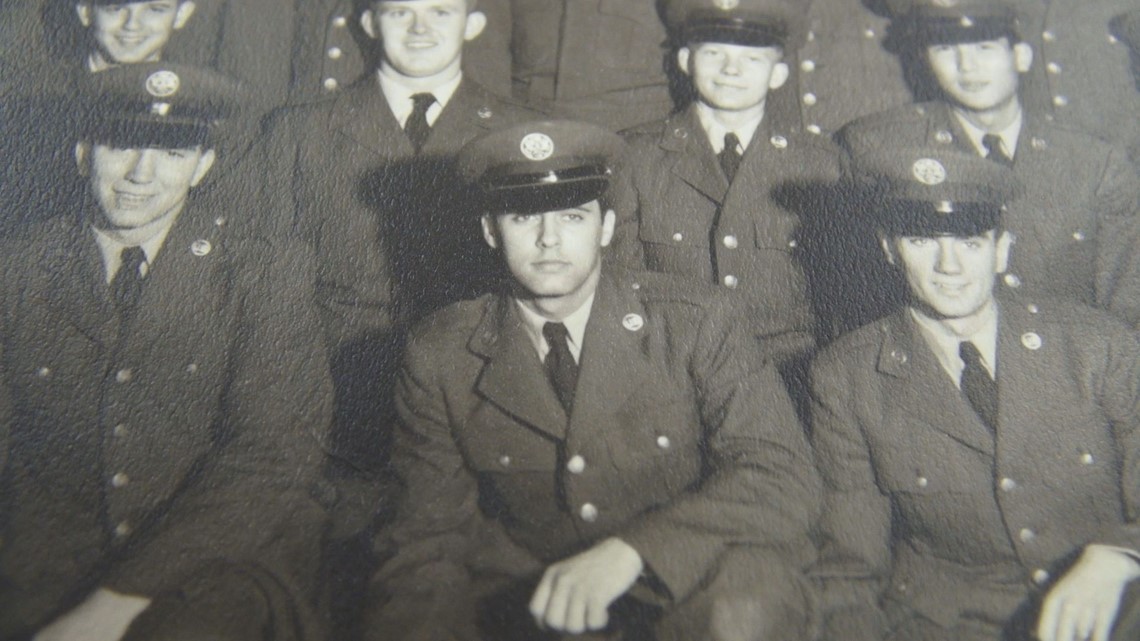
In April 2016, the three-judge panel agreed. They ruled in Staab’s favor, striking down the regulation the VA had been using to deny veterans emergency medical claims nationwide.
The Court’s decision rebuked the VA, emphasizing that VA’s reimbursement regulation became “wholly inconsistent” with the governing statute when Congress amended it in 2009, but thereafter the VA unlawfully “declined to remedy this inconsistency.”
Read the decision in the case here.

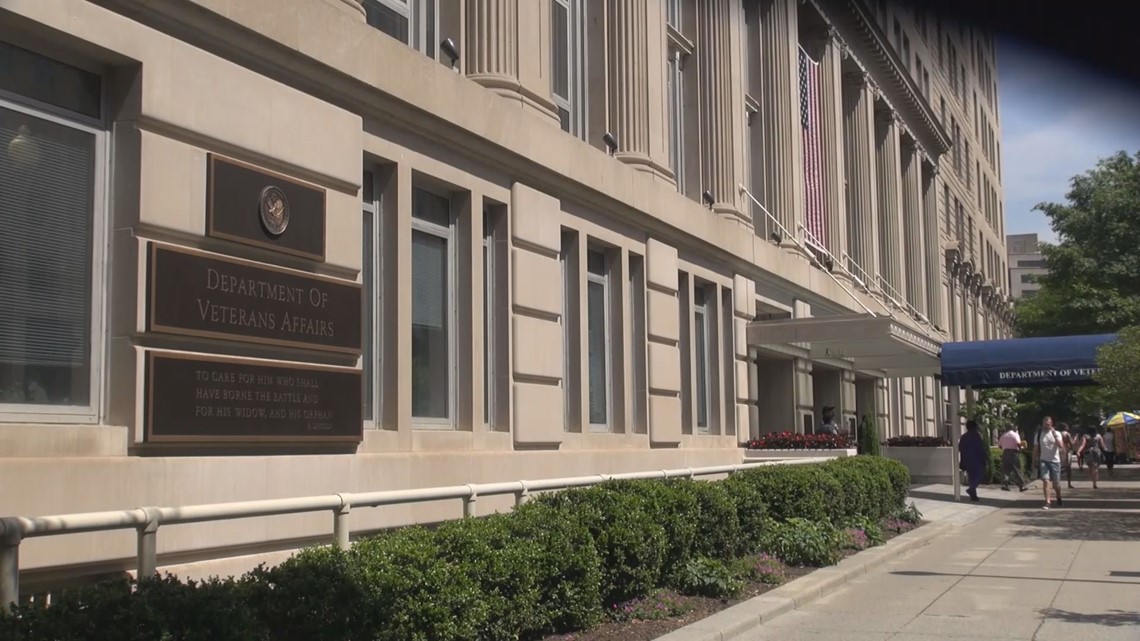
The VA appealed that decision and the matter was pending before the U.S. Court of Appeals for the Federal Circuit, when in June 2017, VA Secretary David Shulkin made a surprise announcement.
Shulkin said the VA would “voluntarily withdraw” its appeal of the Staab case.
It was a huge victory – not just for Staab, but for veterans nationwide. And it has massive financial ramifications.
VA is now liable to pay 370,000 previously denied veteran’s claims, which according to the government agency’s own estimates totals more than $2 billion.
“This is one of those where you say, 'Yeah!'” Schuh said while pumping her fist. “There truly is good, and right is right, and the decision was right!”

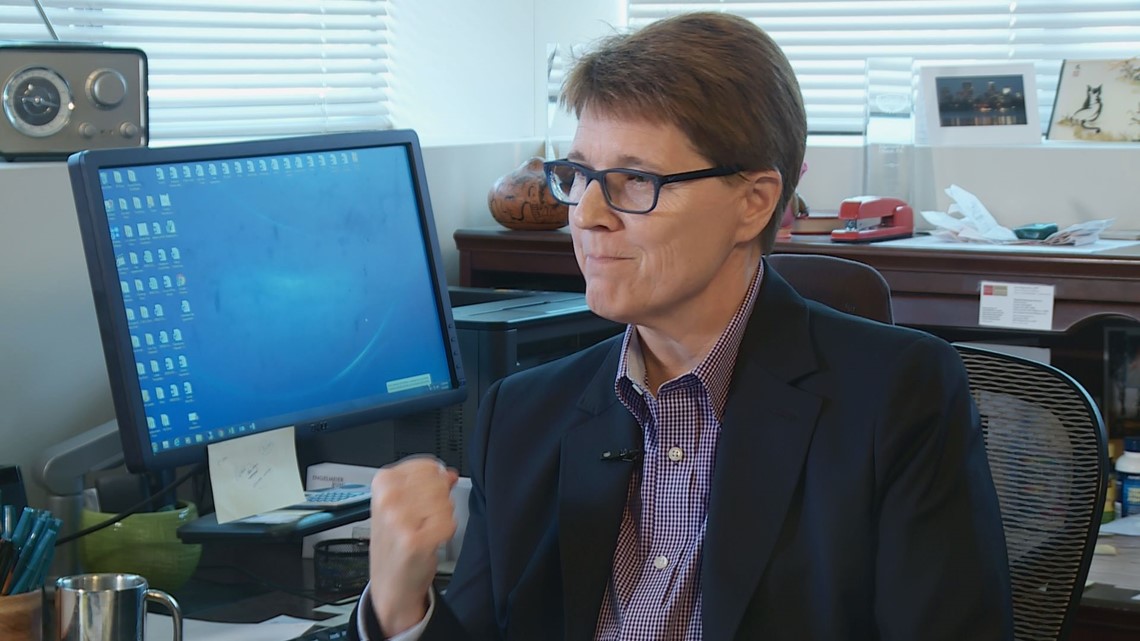
Payment delays
Despite dropping the appeal more than four months ago, the VA has yet to comply with the court ruling and reimburse Mr. Staab the $48,000 he’s owed.
“This was the money that he had set aside that he wanted to leave as a legacy for his children,” Schuh said.
She claims the VA appears to be stalling payment for her client, who is in increasingly failing health.

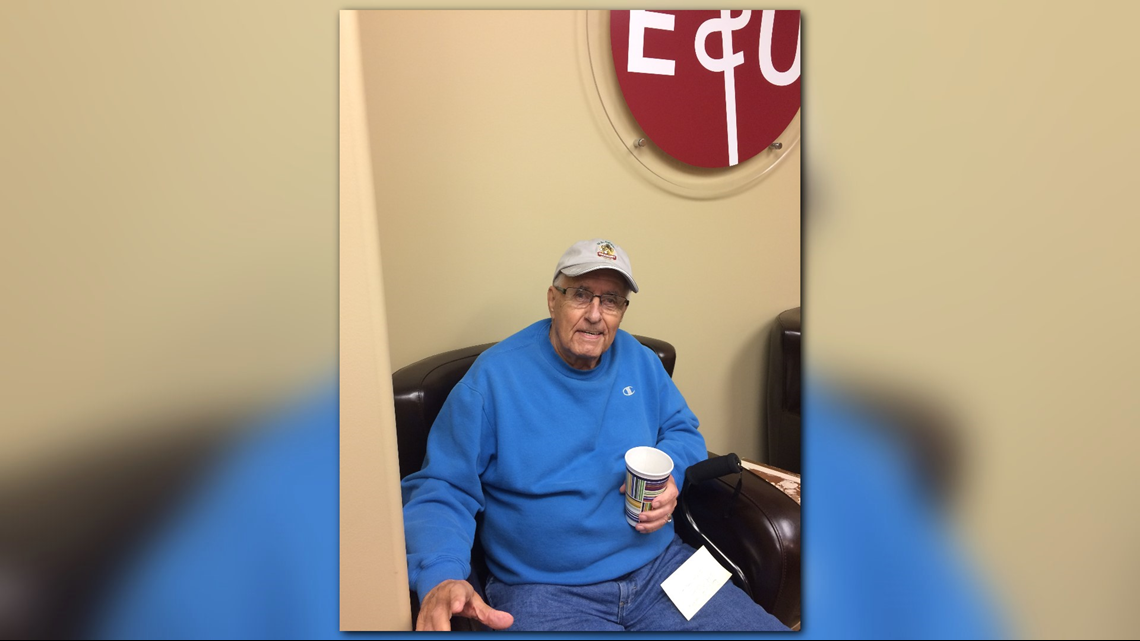
“If they do not make the payment before my client passes, that payment dies with the client.” Schuh added, “In other words, the estate and the heirs are not entitled to that payment.”
VA Secretary Schulkin declined to be interviewed for this report, so KARE 11 questioned U.S. Senator Amy Klobuchar (D-MN) about the government delay.
Klobuchar promised to call the VA Secretary directly and get answers.
“And we’re going to have a discussion about this specific case, because he deserves his benefits,” Klobuchar said.
A Klobuchar staff member tells KARE 11 that the Senator did speak with the VA Secretary, that discussions are ongoing, and a conference call is being set up among all involved parties to get the situation sorted out.

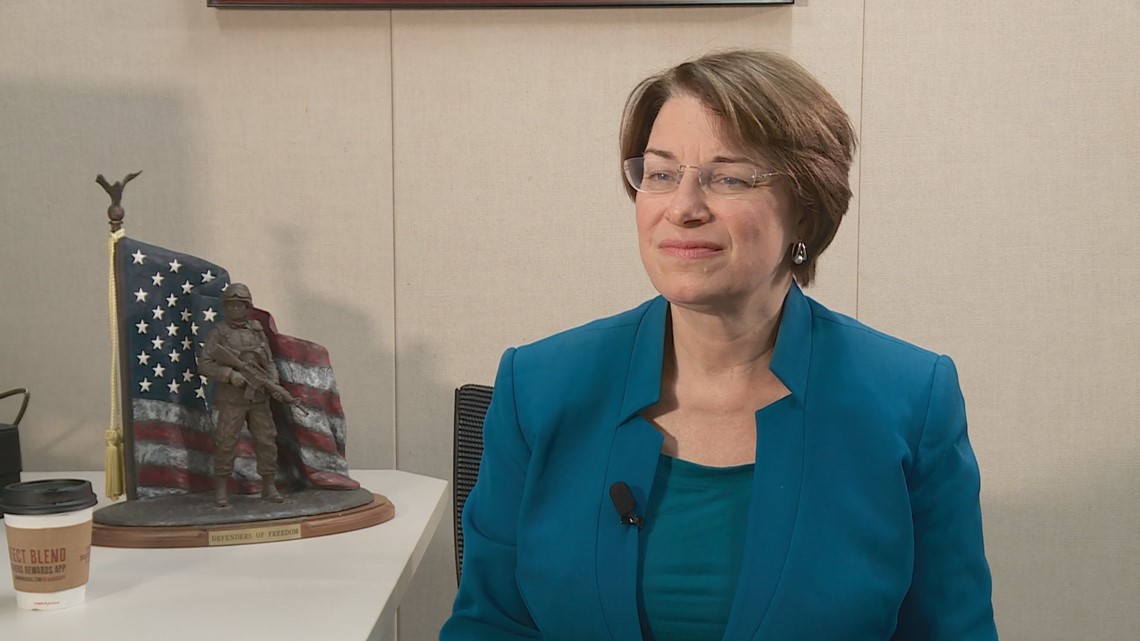
Until that happens, Schuh says Mr. Staab’s victory will not be complete. “The real celebration I hope to come is when Dick has that check in his hands or the money has been deposited in his account and then we’re going to uncork the champagne!”
Advice for veterans
In June, Secretary Shulkin announced that the VA has drafted a regulation to authorize payment for Staab-related claims, and has sent the regulation to the Office of Management and Budget (OMB).
The VA says the draft regulations must clear OMB and be published in the Federal Register before VA can begin reimbursements. VA estimates that this process could take between 9 and 24 months.
The NVLSP offers the following advice for veterans who also had their claims inappropriately denied because of the VA’s unlawful regulation:
“While the regulation is going through its required review process at OMB, we suggest veterans with claims for reimbursement of emergency medical expenses that were previously and finally denied because they had additional insurance, should prepare a new claim,” said NVLSP Executive Director Bart Stichman. “Veterans may find it helpful to talk with a veterans service officer or advocate in preparing their claim."

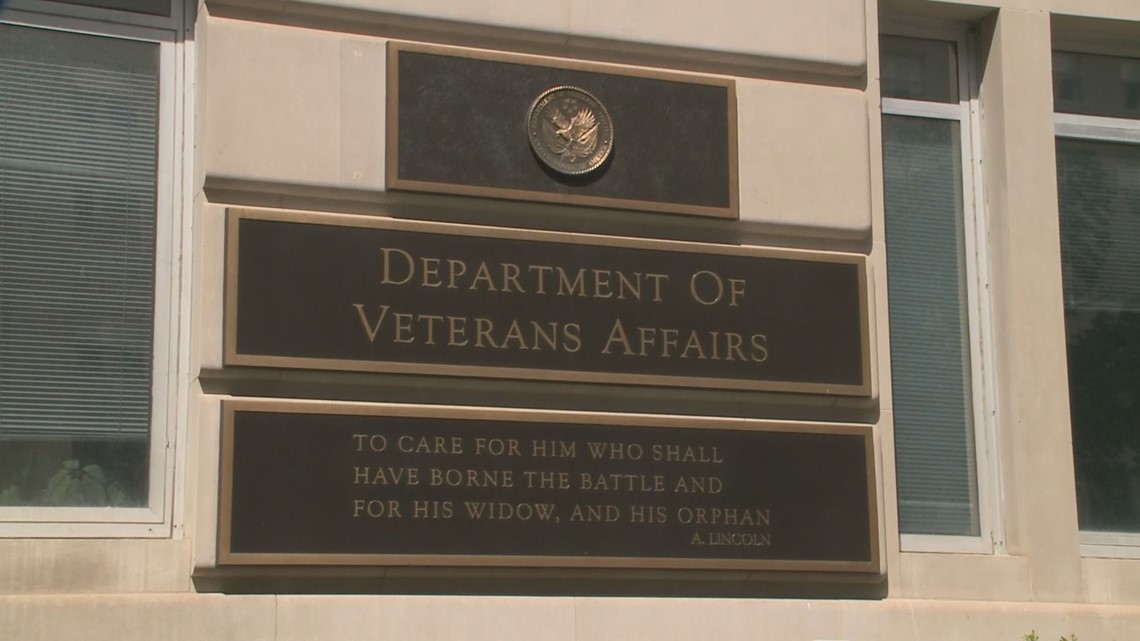
"Veterans have one year to appeal a denial of reimbursement for emergency medical expenses they incurred outside the VA system. If the claim was denied because they had partial secondary insurance, they should keep their claim alive by appealing to the Board of Veterans’ Appeals. Veterans in this situation should file VA Form 21-0958. Veterans who have not yet filed a claim for reimbursement should file a formal written claim with the VA’s Veterans Health Administration.”
Meanwhile, in the wake of KARE 11’s reporting into other forms of wrongful emergency medical care claims denials, Congressman Tim Walz (D-MN) said he is asking the VA Inspector General to open an investigation.
Our investigation started after a tip from a viewer. If you have a suggestion, or want to share records of your VA Emergency Room Claim, email us at investigations@kare11.com

